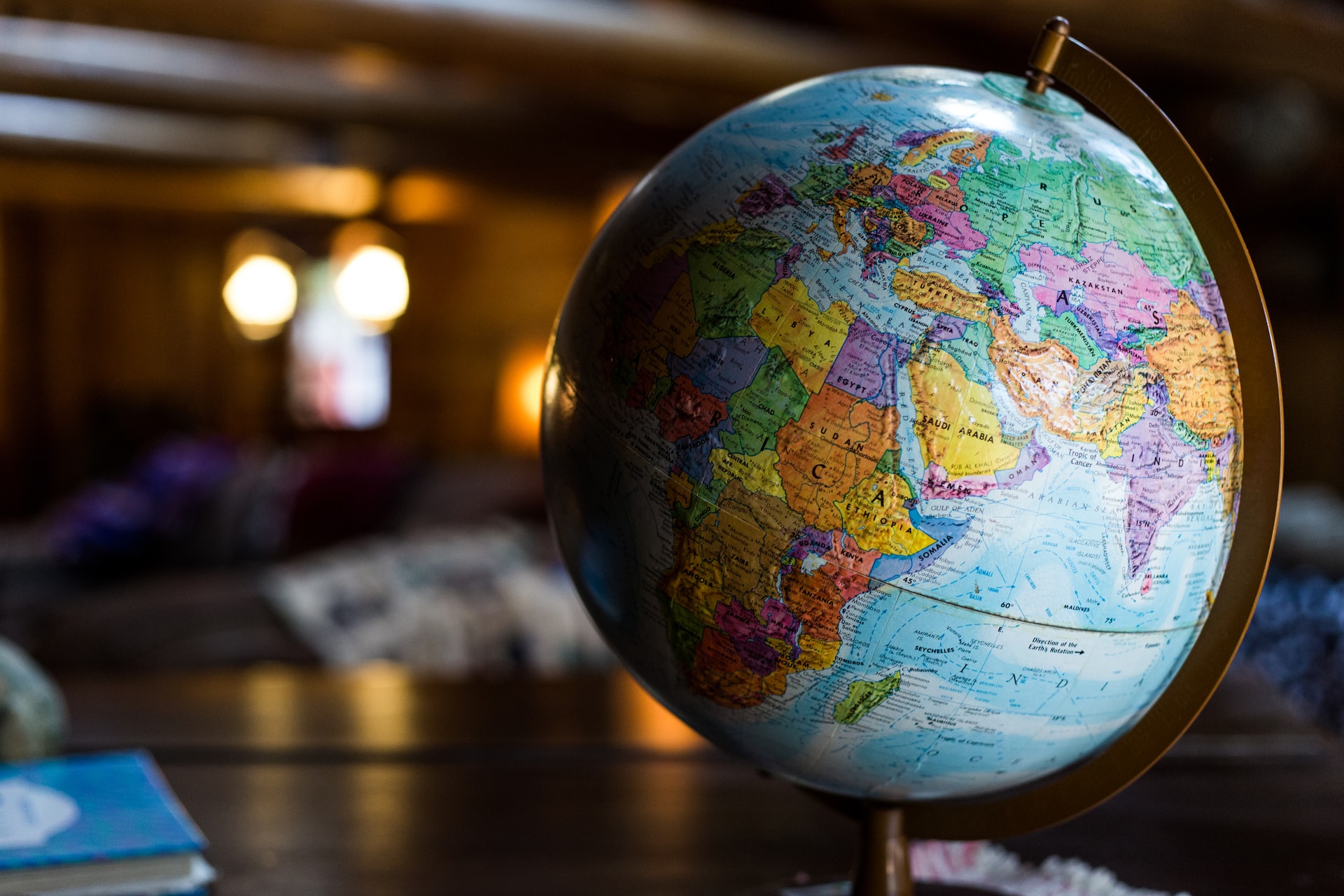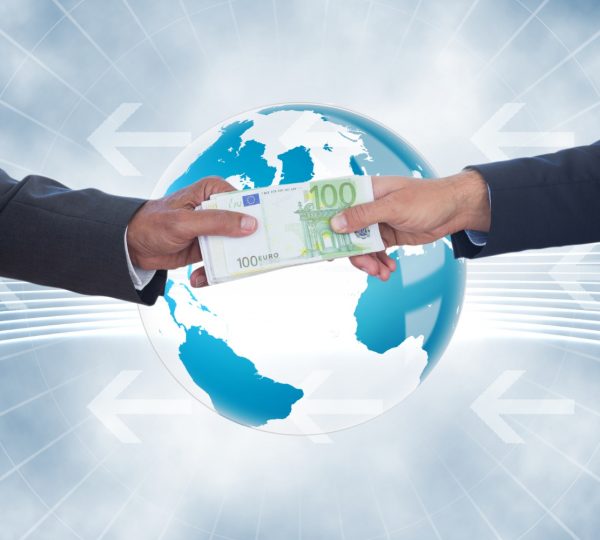The world’s economy is organized and regulated by cooperating nations and has changed dramatically during the last several decades. These developments have ramifications that influence the flow of products and services and the movement of people across countries. Too much volatility in the worldwide economic system can lead to a global financial crisis, as we’ve witnessed several times during the previous century.
Thus, what is the world’s economy, how does it work, and what impact does it have on our lives? Here, we look deeper at the intricacies of the force that dominates the modern world!

World’s economy
The term “world’s economy” refers to the interrelated global economic activity across many countries. These financial operations have the potential to benefit or harm the countries concerned.
The world’s economy has a range of features. Globalization is a word that refers to the process of national and regional economies, communities, and cultures becoming more intertwined through the global network of commerce, communication, immigration, and transportation. The global economy arose as a result of these changes. Domestic economies have grown more coherent due to the global economy and globalization’s improved productivity. International business is regarded as a consequence of globalization. It refers to the interchange of commodities and services between nations and how it has aided countries in specializing in items where they have a competitive edge. This concept in economics refers to a country’s capacity to create products and services at a lower opportunity cost than its trading rivals. Money can be transported between nations quicker than commodities, services, or people, making international finance one of the most important aspects of a global economy. Currency exchange rates and monetary policy are examples of subjects in international finance. Global investment refers to a method of investing that is not limited by geographical borders. Foreign direct investment is the most common global investment (FDI).
Importance of the world’s economy
When we consider the world economy in terms of developing markets, we can see how important it is:
Micro and macroeconomic significance: As the world’s population grows, emerging markets expand economically, making them one of the important processes of global economic growth. Emerging market growth and resilience are encouraging signs for the global economy. It would help if you first grasped the idea of microeconomics before moving on to the following step. It studies the behavior of families, people, and businesses regarding resource allocation and decision-making. In layman’s words, this area of economics investigates how individuals make decisions, what variables influence their choices, and how these choices affect the price, demand, and supply of commodities on the market. As a result, from the standpoint of microeconomics, these developing markets are home to some of the world’s most significant companies with high market value and some of the world’s wealthiest individuals, resulting in a more equitable income distribution in these nations. Unfortunately, poverty still exists in many developing countries, and more effort has to be made to eradicate it.
Long-term global economic outlook: Financial and economic predictions based on demographic trends and capital productivity models suggest that GDP growth in emerging market nations will continue to be favorable in 2019. For example, according to Focus Economics’ 2019 emerging markets economic projection, India’s GDP would grow by 7.5 percent, 6.6 percent in the Philippines, 6.3 percent in China, 5.3 percent in Indonesia, 5.1 percent in Egypt, 4.9 percent in Malaysia, 3.8 percent in Peru, and 3.7 percent in Morocco.
Who is authorized to control the world’s economy?
Most individuals believe governments of the world’s significant economies dominate the global economy. However, this is a frequent fallacy. Even though governments have authority over economies, the central banks and businesses control and finance these governments. This indicates that big financial institutions manage the global economy. According to international economic news, US banks are involved in various conventional government sectors, including electricity generation, oil refining and distribution, and public assets like airports and railway stations. The same has been demonstrated by a letter addressed by members of the US Congress to Federal Reserve Chairman Ben Bernanke. An extract from the letter follows:
“I’ll give you a few instances. In June 2012, Morgan Stanley imported 4 million barrels of oil and petroleum products into the US. Goldman Sachs is a commodities derivatives broker and stockpiles aluminum in massive warehouses near Detroit. This “bank” is also getting into owning and operating airports, toll highways, and ports. In California, JP Morgan is in charge of the power market. In other words, Goldman Sachs, JP Morgan, and Morgan Stanley are no longer simply banks, but also oil corporations, port and airport operators, commodities traders, and power utilities.”
How does the world economy function?
The global economy’s operation may be summed up in one word: transactions. International interactions between the world’s most powerful economies contribute to the worldwide economy’s survival. Trade between countries accounts for the majority of these transactions. International trade entails the interchange of a wide range of goods between nations. It includes everything from fruits and vegetables to natural oil and weaponry. Moreover, these transactions have a variety of advantages, such as:
- Providing a basis for global growth, with the global economy expected to expand by 4% in 2019 (source: World Trade Organization).
- We are increasing the competitiveness of countries in different markets.
- I am increasing effectiveness and competitiveness across nations.
- They assist impoverished countries in their development by acquiring capital goods (machines and industrial raw materials) while exporting primary commodities (natural resources and raw materials).



